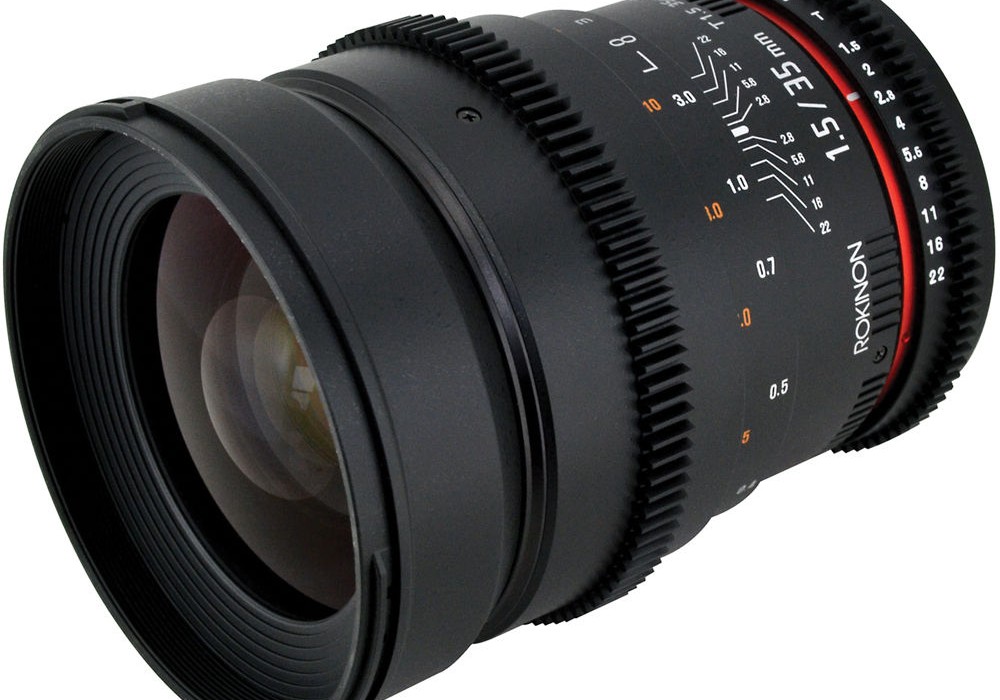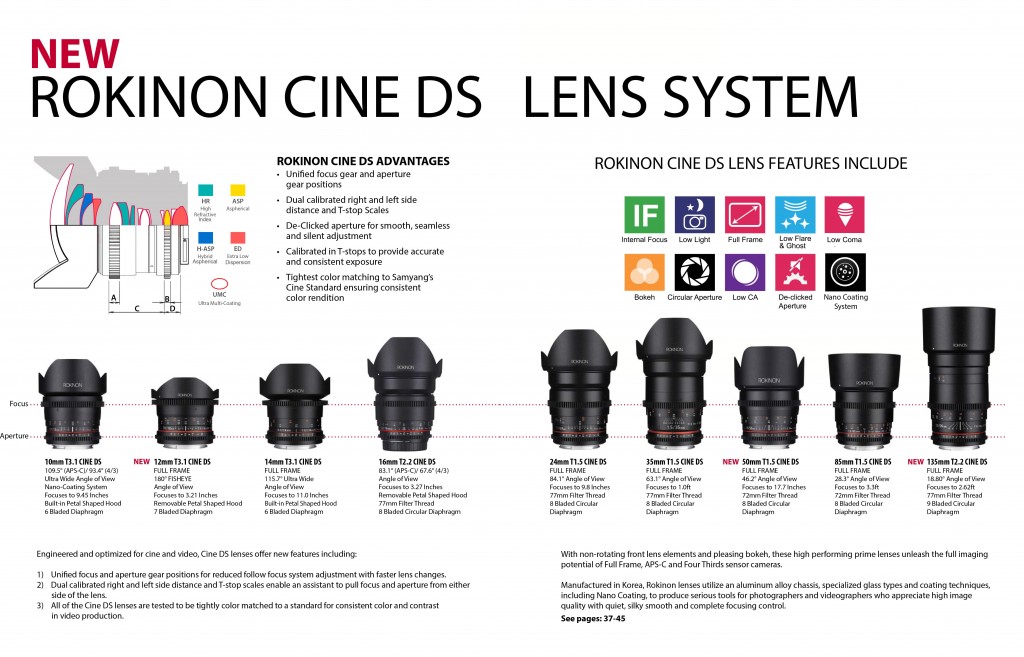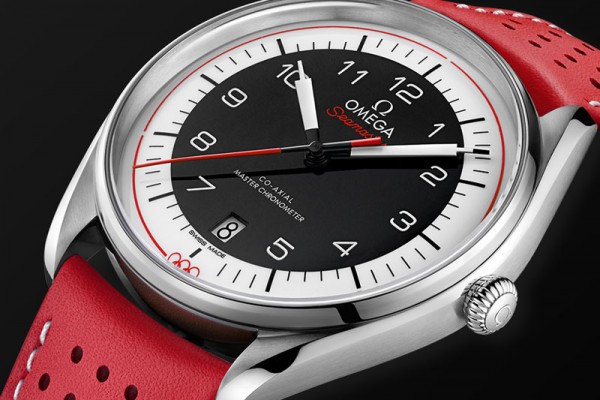Glass. Surely it can’t all be about good glass, can it? Well, it depends if you have used cinema prime lenses before. We historically shot all our film projects with variable kit lenses from the Canon range, slowly building up a range of better and better prime lenses. The price can quickly escalate into the upper echelons of ridiculous. So, we wanted to see if there was an entry-level set of prime lenses available to the starter and the lifer alike.
Cue the team at Rokinon, who’ve been making lenses since 1972 from their head office in South Korea.
Rokinon is giving its Cine lenses an upgrade with the Cine DS line-up. Starting with a brand new manual focus 50mm T1.5 AS UMC Cine DS Lens, film shooters are now provided with a standard cinema lens option compatible with full-frame cameras. This second generation of cine lenses offers a few notable benefits for video shooters, in addition to the use of de-clicked aperture rings and gears. First, the focus and aperture gears are unified, meaning that swapping out lenses will not require adjustments to your rig. Second, for convenience to the user there are dual focusing scales, one on each side. Third, all of the Cine DS lenses are tested to be colour-matched, ensuring that your footage will feature the same colour and contrast throughout your production.
When used on a C100 Cinema EOS Camera, the lens proved to be quite sharp, showing only slight softening at T1.5 with the cropped Super35 sensor size. It does increase in sharpness when stopped down and, during my time with the lens, I noticed it was best between T4 and T8. The click-less aperture was also very smooth and when compared to Canon’s standard EF 50mm f/1.4 USM lens, it was a welcomed improvement. The lens also has 77mm threads to attach filters, such as a Vari-ND filter, as well as a bayonet-style hood.
If you haven’t made the move yet, you should definitely consider the Rokinon DS range.



